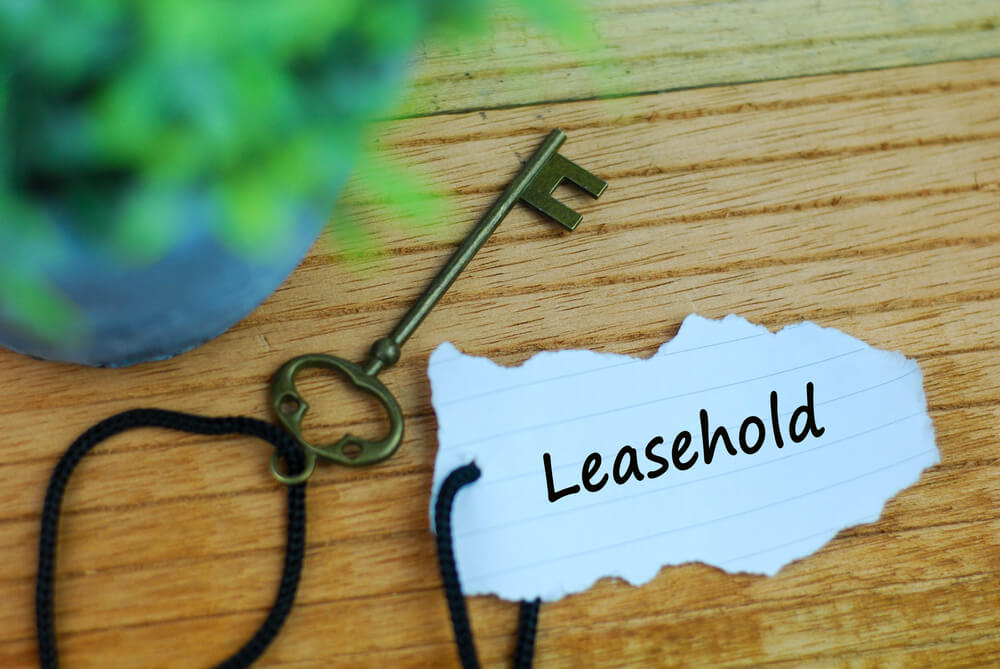
The Leasehold and Freehold Reform Act has now become law. It was introduced by the UK Government to bring substantial change for leaseholders, which also means that it will impact landlords (or Freeholders) who owns the piece of land on which the leasehold properties were built.
The reform addresses imbalances and aims to target injustices relating to the leasehold system, sometimes seen as archaic, but it also imposes limitations on freeholders and new regulations for them to comply with. This article intends to give an overview of the meaning of such reform for freeholders.
The abolition of ground rent
The biggest impact is the abolition of ground rent for newly entered long residential leases. Freeholders were relying on ground rent as a steady income, and this reform directly impacts it. As to the existing leases, the ground rent cannot be abolished retrospectively. However, the ground rents will remain under scrutiny and potentially additional regulations to prevent abusive practices.
Freeholders will lose substantial income from ground rents, which means there might be less investment in freeholds in the future as it will be less financially attractive.
More transparent service charges
Service charges must now be more transparent than ever. They must also be reasonable and justifiable. Leaseholders have more power to challenge unreasonable and excessive charges as well as the right to request a breakdown of these costs.
Historically, freeholders have had a wild discretion over services charge. However, their accountability is now increased, and they will face scrutiny over how much they charge for service charges. They will need to provide detailed explanations for all charges. It might mean more administrative work for them and less power to increase high fees but also potentially more disputes in Court over the reasonableness of the service charge.
Lease extension, a simpler way
This new piece of legislation allows for the extension of leases by up to 999 years with no ground rent payable. High premiums for lease extensions will therefore disappear, especially for shorter Leases.
As above, there might be a financial impact on freeholders and therefore on freehold investment. However, it also means a more leaseholder-friendly process with a reduction on costs for extensions.
Commonhold
Commonholds are now being encouraged by the government. Commonholds are a form of ownership for multi-occupancy developments. The Unitholder owns the freehold of their home, and a commonhold or residents’ association owns and manages the common parts of the property.
The above means freeholders will have less properties to manage and therefore fewer leaseholds’ charges and fees.
Right to Manage
Leaseholders will have more opportunities to take over the management of their buildings, even in cases where there is no mismanagement from the freeholders.
As mentioned above, there might be fewer fees to manage for the freeholders but also a loss of control over the maintenance of the properties. There might potentially be more disputes too.
What can Freeholders do?
Freeholders will need to adapt and find strategies to maintain their income and their compliance with the reform. The following are possible:
- Landlords may wish to diversify their portfolios of property, targeting freeholders that are not impacted by the new law.
- Improving and maintaining good relationships with the leaseholders might help mitigate conflictual situations. It may also help effective management of the properties and defuse challenges with them.
- Freeholders can also try to explore commonholds and manage common areas instead of the more traditional roles over Leaseholds.
Conclusion
The reform substantially impacts the UK property market and the position of the freeholders. These changes aim to create a better system for leaseholders but present financial and operational challenges for freeholders. It will require adaptation, adjustments, better management, and strategies. Freeholders will need to be proactive and address these changes to thrive in this new environment.
How we can help?
Whether you are a prospective purchaser of a leasehold property, a leaseholder looking to extend your lease or challenge an illegal ground rent, or a freeholder keen to ensure that you are complying with the new legislation, our Property team and Dispute Resolution teams at TV Edwards are well equipped to provide you with the legal expertise you need to take the best course of action for your circumstances.
If you have any questions or require any assistance on any of these issues, please contact Juanita Francis at juanita.francis@tvedwards.com (Property expert) or our Dispute Resolution team (Property Disputes) at disputeresolution@tvedwards.com or either of the two on 0203 440 8000.
This article was first published in The London Business Matters magazine in July 2024.
Disclaimer: The information on the TV Edwards website is for general information only and reflects the position at the date of publication.








